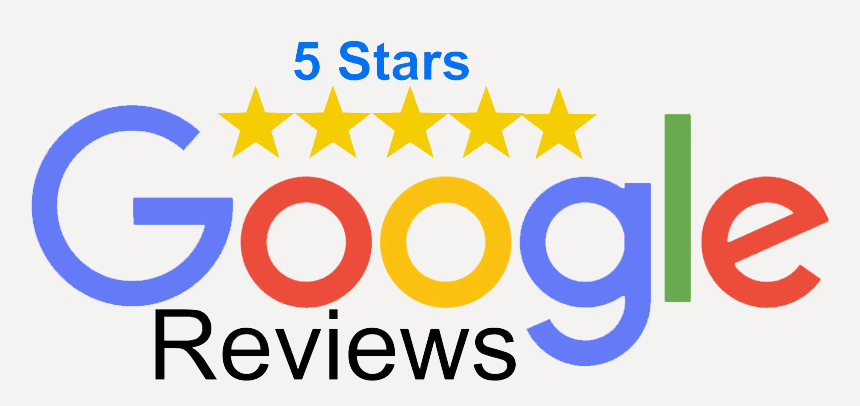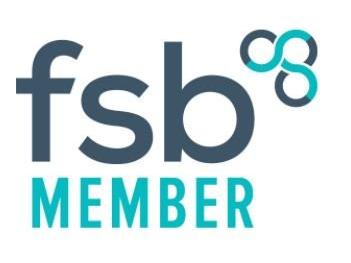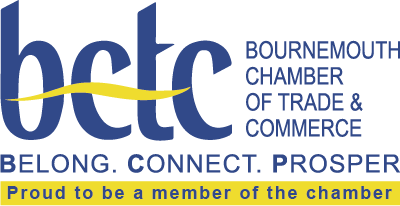SEO Myths Debunked: What You Really Need to Know to Rank Higher
Clearing Up Common Misconceptions and Implementing Effective SEO Practices
The realm of Search Engine Optimisation (SEO) is rife with misconceptions. As digital marketers, it’s crucial to discern the effective practices from the myths that can mislead and detract from our efforts. Here we tackle some of the most enduring SEO myths, offering more grounded, evidence-based strategies to enhance your site's visibility and performance.
Myth 1: More Keywords Means Higher Rankings

The Reality: Over a billion people use Google Maps every month for various reasons, such as to get directions or to find a nearby company. Those searching for nearby products or services have usually decided to purchase the service they are searching for and are now looking for a local provider. They are searching on Google Maps because proximity is a critical factor in deciding who to purchase from.
Evidence-Based Strategy:
Over a billion people use Google Maps every month for various reasons, such as to get directions or to find a nearby company. Those searching for nearby products or services have usually decided to purchase the service they are searching for and are now looking for a local provider. They are searching on Google Maps because proximity is a critical factor in deciding who to purchase from.
Myth 2: Backlinks Are All That Matter
The Reality: While backlinks from reputable sources are crucial, they're not the only factor that affects rankings. Aspects such as site speed, mobile responsiveness, and user experience are also significant.
Evidence-Based Strategy: Aim for a holistic SEO approach that includes securing quality backlinks but also focuses on optimising technical aspects of your site like load speed and mobile compatibility.
Myth 3: SEO Is a One-Time Effort
The Reality: SEO requires ongoing attention. The digital landscape and search engine algorithms are continually evolving, necessitating regular updates to your SEO approach.
Evidence-Based Strategy: Regularly review and adapt your SEO tactics based on performance analytics. Tools like Google Analytics and SEMrush can be helpful here.
Myth 4: Meta Tags Don’t Matter Anymore

The Reality: Meta tags aren't as critical as they once were for search rankings, but they still influence user engagement by improving click-through rates from SERPs.
Evidence-Based Strategy: Write clear and concise meta titles and descriptions that reflect the content of the page, which can encourage more clicks from search results.
Myth 5: More Pages Mean Better Rankings
The Reality: Adding numerous low-quality pages to your website is likely to be detrimental rather than beneficial to your SEO efforts.
Evidence-Based Strategy: Focus on the quality of your content rather than sheer quantity. Ensure each page is meaningful and addresses specific user needs or queries.
Myth 6: Social Media Doesn’t Affect SEO
The Reality: While social media metrics don’t directly influence SEO, a strong social presence can indirectly boost your SEO through increased content visibility and traffic.
Evidence-Based Strategy: Leverage social media to distribute content and engage with your audience, which in turn can drive traffic back to your site.
Myth 7: Images Don’t Impact SEO
The Reality: Images do affect SEO by engaging users and reducing bounce rates. Properly optimised images can also appear in search results and bring additional traffic.
Evidence-Based Strategy: Ensure all images are optimised with appropriate file names, alt tags, and compressed for faster loading times to contribute positively to the user experience and SEO.
Applying These Insights to Your SEO Strategy
Taking these points into account can significantly refine your approach to SEO. By focusing on quality and relevance, your strategies are likely to be more effective in aligning with how search engines now operate and what users expect.
Considering SEO Improvements?
If you’re looking to refine your SEO strategies, visit
www.overtdigitalmedia.com. We offer insights and personalised advice to help you navigate the complexities of SEO and improve your website's ranking and visibility in a competitive digital environment. We’re here to assist with a strategy that relies on proven principles.














